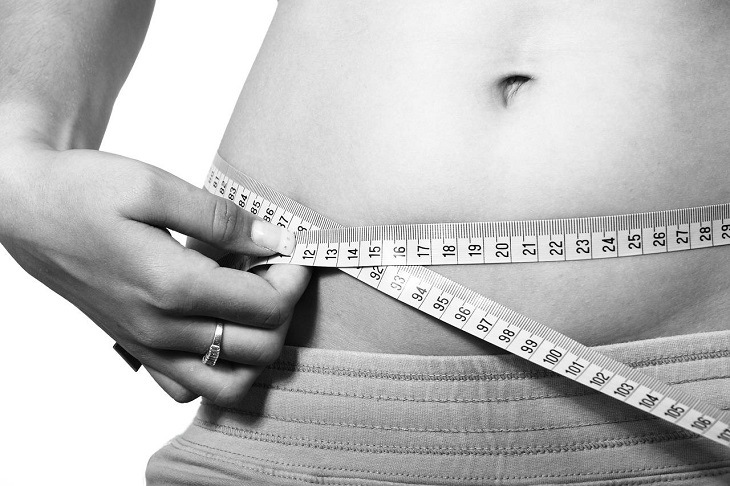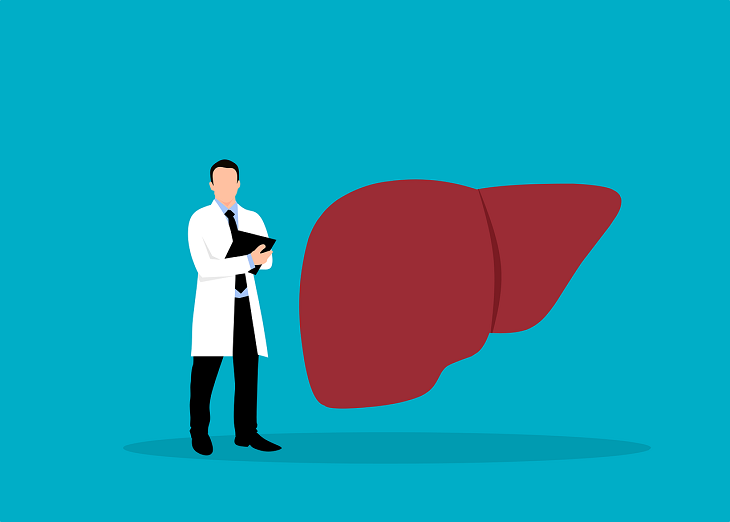Calories are units of energy that the body uses as fuel. Food and beverages (apart from water, black coffee and tea, and diet drinks) contain calories. The human body burns a certain amount of calories through physical activity and also simply by being alive – the beating of the heart, activity of the brain and nervous system, and general body processes all require energy.
When we take in more calories than we burn, our body stores the excess calories in fat cells. Essentially, body fat is stored energy. But how exactly do body fat and energy levels relate to one another? Does having more body fat mean more energy? Read on to learn more about how body fat percentage can influence energy levels.
What Is Body Fat Percentage?
Body fat percentage is the percentage of a person’s body mass that is composed of fat. There are six types of body fat:
- Essential fat is, as the name suggests, essential for life. It plays a crucial role in regulating body temperature, hormone levels, vitamin absorption, and cell structure.
- White fat cells are the main type of fat cell in the body. White fat is the body’s largest energy reserve. People who are overweight have an overabundance of white fat.
- Brown fat cells are packed with mitochondria, which burn fatty acids to generate heat and keep the body warm.
- Beige fat cells function somewhere between white and brown fat cells.
- Subcutaneous fat is the layer of fat located underneath our skin. It’s made up of white, brown, and beige fat cells.
- Visceral fat is white fat that is stored around our internal organs.
What Is A Healthy Body Fat Percentage?
A healthy body fat percentage for females younger than 50 is between 14% and 20%. For females over aged 50, a healthy body fat percentage is between 8% and 27%.
A healthy body fat percentage for males younger than 50 is between 8% and 18%. For males aged over 50, a healthy body fat percentage is between 8% and 22%.
Why Is It Important To Have A Healthy Body Fat Percentage?
Having a healthy body fat percentage means you have a better chance of being in good physical and psychological health.
If your body fat percentage is too high, you will have an increased risk of:
- Clinical obesity
- Autoimmune diseases
- Heart disease
- Diabetes
- Cancer
- Non-alcoholic fatty liver disease
If your body fat percentage is too low, you will have an increased risk of:
- Dangerously low heart rate
- Decreased thyroid hormone production
- Loss of reproductive function
- Hormone imbalances
- Dehydration
- Loss of muscle tissue
- Fragile bones
What Factors Affect Energy Levels?
There are myriad different factors that affect energy levels. Some of the main ones include:
- Body fat percentage
- Your level of aerobic fitness
- The amount of muscle mass on your body
- Whether you have gotten enough good-quality sleep
- How hydrated you are
- Time of day (some people are more energetic in the morning; others are more energetic later in the day)
- Whether you are in a fasted or fed state
- The quality of your diet
- Hormone levels
- Whether your body has all of the vitamins and nutrients it requires
How Body Fat Percentage Can Influence Energy Levels
Research suggests that energy expenditure is higher in people with a higher body fat percentage. This is because individuals with a high body fat percentage tend to spend more energy performing activities as a consequence of higher weight burden. Further research suggests that people with a high body fat percentage “experience fatigue and decreased physical endurance that indicates diminished energy supply in the body”.
This shows that people with a higher body fat percentage require more energy to power their bodies, while at the same time also having a diminished energy supply. In turn, this indicates that people with a higher body fat percentage may feel less energetic than people with a lower body fat percentage.
Why Does Body Fat Percentage Influence Energy Levels?
Research suggests that people can have a high body fat percentage for various reasons, including metabolic events that disturb energy metabolism. These metabolic events cause diminished energy supply and result in people having lower energy levels as the body attempts to save energy to sustain metabolic functioning.
How Does Body Weight Affect Energy Requirements?
A person with a higher body weight will have higher energy requirements because more energy is required to perform activities as a consequence of the higher weight burden.
Does More Body Fat Mean More Energy?
More body fat means that a person is literally carrying around a source of energy in the form of body fat. However, carrying this extra weight will tend to make a person tired because they must expend more energy to move their body, and because their excess body fat is caused, in part, by metabolic events that cause the body to overeat and to have a diminished energy supply.
Does Low Body Fat Affect Energy?
Having an unhealthily low amount of body fat can adversely affect energy levels. Research on bodybuilders who were in contest preparation and whose body fat percentage had dipped below 5% showed that they experienced a decrease in strength and decreased testosterone levels while at these low body fat percentages. Both decreased strength and decreased testosterone levels can have a negative effect on energy levels.
Healthy Body Fat Percentage = Optimal Energy Levels
As we’ve seen, people with an unhealthily high or an unhealthily low level of body fat are likely to experience reduced levels of energy. We can conclude that to give yourself the best chance of having high energy levels, you should strive to maintain a healthy body fat percentage.
How To Optimize Body Fat Percentage
You can optimize body fat percentage through the following methods:
- Caloric restriction
- Intermittent fasting
- Eating a healthy, balanced diet
- Exercise
- Weight training
- Getting enough good-quality sleep
Featured image by PublicDomainPictures on Pixabay





